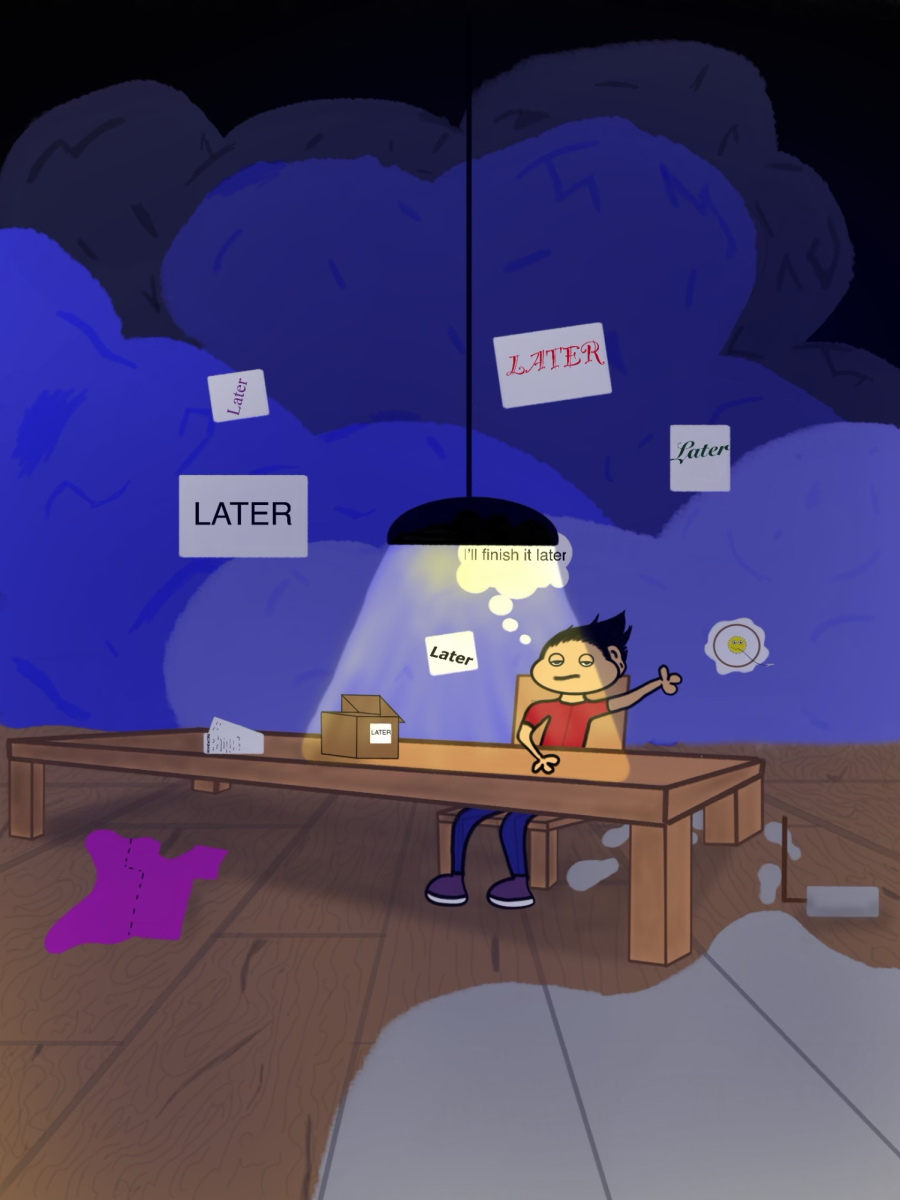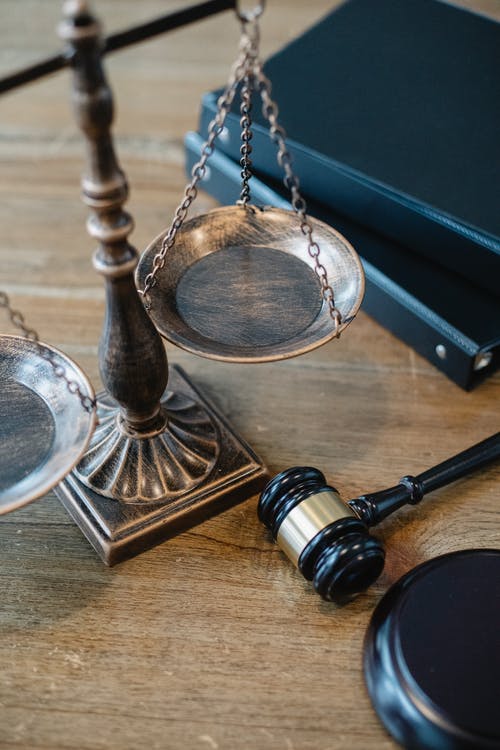Trump’s Second Impeachment
Photo by Sora Shimazaki from Pexels
Former President Donald Trump recently faced his second impeachment trial.
Former President Donald Trump became the first president in American history to be charged with impeachment more than once. The House of Representatives voted to bring impeachment charges against him after the events that occurred at the nation’s capital on Jan. 6, 2021. The charges were cited as “incitement of insurrection” after the former president was accused of allegedly encouraging his supporters to disturb the Electoral certification of President Joe Biden at the Capitol Building. The event will remain significant in American history and the House of Representatives voted to proceed with impeachment charges on Jan. 13.
Trump quietly left office on Jan. 20, shortly after he was charged. Although impeachment charges are rare in the country’s history, the larger question remained as to how to continue with a trial for a former president. At the time, the focus remained on newly-elected President Biden and his inauguration ceremony. Trump had already ended his term and could therefore no longer be removed from office. But if he was found guilty at trial, it could prevent him from serving in any future office, canceling the possibility of running for reelection in 2024.
Senate Majority Leader Chuck Schumer and Senate Minority Leader Mitch McConnell were at a crossroads in deciding when the trial would take place. According to the Washington Post (washingtonpost.com), Trump’s attorneys asked the Senate to dismiss the impeachment trial against him because the Constitution did not account for the presence of a trial for a former president. An agreement was made, and Trump’s second impeachment trial began on Feb. 9. If Trump were to be convicted, he would be the first former president to be convicted in an impeachment trial. To be convicted, two-thirds of the Senate would have to vote for a conviction.
The trial was completed in five days. Both House members and defense lawyers presented evidence to support their positions in the case. Trump was acquitted on all charges. An acquittal in a court case finds the accused free from any offenses and the case is over. The vote was 57-43 in favor of conviction, but 67 votes, or two-thirds, were needed for conviction, according to CNET (cnet.com).
At the start of the trial, House members and Trump’s legal team considered calling witnesses to the stand. This most certainly would have increased the length of the trial, but instead, it was completed in the record time of five days. House prosecutors argued that the events at the Capitol were “months in the making” and that Trump roused his followers and urged them to storm the Capitol Building. They asserted that Trump used claims surrounding election fraud to trigger his supporters to perform insurgent acts on the Capitol. According to CNET, there was no way Trump knew about the event before it happened. There was much discussion surrounding former-Vice President Mike Pence and the fact that he was also considered potentially dangerous, while others argued that it was simply “inconceivable.” Great concern was expressed that if Trump were acquitted, there would be a future precedent set and that violent outbreaks such as this one would be tolerated in the future.
Trump’s defense team put together the argument that the trial itself was unfair and unconstitutional. The team argued that this was against Trump’s rights and that he was protected under the first amendment, according to CNET. His lawyers also argued that Trump would never want his supporters to start such a violent act, but he would encourage a peaceful and patriotic protest. They argued that the events that occurred at the Capitol on Jan. 6 could not be considered premeditated and that since he was leaving office, a trial was completely unnecessary. It was argued that Trump’s speech that allegedly incited the riot was taken out of context and was highly metaphorical. According to CNET, the rioters had already broken through the Capitol building before Trump had finished his remarks. They claimed that the riots were started by his supporters and not Trump himself. Their last argument claimed the accusations to be false, and that the events that occurred did not meet the definition of an insurrection. An insurrection is defined as “a violent uprising against an authority or government,” and in this instance, they argued, a government was not technically overthrown.
With the Senate acquitting Trump’s trial, he is free to run for public office in the future, and there is a possibility that Trump will make a comeback in the next 2024 presidential election. After arguments being built by the House prosecutors and Trump’s legal team over the course of five days, the vote for conviction did not amount to two-thirds of the Senate, and Trump was acquitted.

Hi! My name is Alexis Raynor, and I am a member of the Class of 2024 and a managing editor for Horizon. I love to dance and hang out with my friends. I...








































